H.R. 2528: Association Health Plans Act
This bill, titled the "Association Health Plans Act," aims to amend the Employee Retirement Income Security Act (ERISA) of 1974 to provide clearer definitions and regulations regarding association health plans. Here are the key elements of what the bill proposes:
1. Clarification of Employer Status
The bill establishes that a group or association of employers can be treated as an "employer" for the purposes of providing employee welfare benefit plans, which include health insurance. This status applies regardless of whether the employers belong to the same industry or profession.
- To qualify as an employer, the group must:
- Maintain a health plan covering at least 51 employees when aggregating employees from all member employers.
- Have been actively existing for at least two years.
- Be formed for purposes other than providing medical care.
- Not discriminate based on health status when providing membership or coverage.
- Make plan coverage available to all employer members regardless of health-related factors.
- Not offer coverage to individuals outside the employee pool.
- Have a governing board composed of at least 75% employer members elected by participating members.
- Not be a health insurance issuer or controlled by one.
2. Inclusion of Self-Employed Individuals
The bill allows self-employed individuals to be treated as both employers and employees when they join an association health plan. This means they can benefit from the same health coverage options available to traditional employees, provided they meet specific criteria.
3. Premium Establishment and Risk Pooling
Association health plans can set their premium rates based on a modified community rating methodology. This allows them to group claims across all participating members to determine base rates. Additionally, they can adjust individual rates based on the specific risk profile of each employer member. If a group consists solely of self-employed individuals, they must be treated as a single risk pool, leading to uniform premium rates.
4. Discrimination and Pre-existing Condition Protections
The bill enforces rules prohibiting:
- Any eligibility requirements that discriminate based on health status.
- Charging higher premiums based on health status factors.
- Denying coverage based on pre-existing conditions.
5. Non-exemption Provision
Lastly, the bill clarifies that association health plans are not exempt from certain federal requirements, ensuring they still comply with applicable health regulations established by ERISA and the Public Health Service Act.
Relevant Companies
None found
This is an AI-generated summary of the bill text. There may be mistakes.
Sponsors
24 bill sponsors
-
TrackTim Walberg

Sponsor
-
TrackRick W. Allen

Co-Sponsor
-
TrackStephanie I. Bice

Co-Sponsor
-
TrackAndy Biggs

Co-Sponsor
-
TrackDan Crenshaw

Co-Sponsor
-
TrackHenry Cuellar
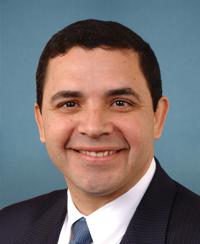
Co-Sponsor
-
TrackMichelle Fischbach

Co-Sponsor
-
TrackCraig Goldman

Co-Sponsor
-
TrackPaul A. Gosar

Co-Sponsor
-
TrackGlenn Grothman

Co-Sponsor
-
TrackMark Harris

Co-Sponsor
-
TrackJ. French Hill

Co-Sponsor
-
TrackBill Huizenga

Co-Sponsor
-
TrackWesley Hunt

Co-Sponsor
-
TrackKevin Kiley
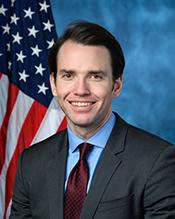
Co-Sponsor
-
TrackRyan Mackenzie

Co-Sponsor
-
TrackMark Messmer

Co-Sponsor
-
TrackRobert Onder

Co-Sponsor
-
TrackBurgess Owens

Co-Sponsor
-
TrackAdrian Smith

Co-Sponsor
-
TrackChristopher H. Smith

Co-Sponsor
-
TrackGlenn Thompson
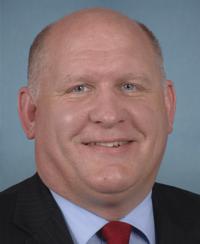
Co-Sponsor
-
TrackJefferson Van Drew
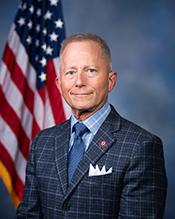
Co-Sponsor
-
TrackRandy K. Weber, Sr.
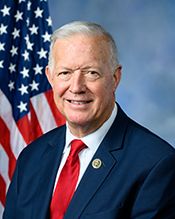
Co-Sponsor
Actions
4 actions
| Date | Action |
|---|---|
| Jun. 25, 2025 | Committee Consideration and Mark-up Session Held |
| Jun. 25, 2025 | Ordered to be Reported (Amended) by the Yeas and Nays: 21 - 15. |
| Apr. 01, 2025 | Introduced in House |
| Apr. 01, 2025 | Referred to the House Committee on Education and Workforce. |
Corporate Lobbying
1 company lobbying
Potentially Relevant Congressional Stock Trades
| Politician | Stock | Transaction | Filed | Traded | |
|---|---|---|---|---|---|

Virginia Foxx
R / House
|

TAK
TAKEDA PHARMACEUTICAL COMPANY LIMITED AMERICAN DEPOSITARY SHARES
|
Sale
$15,001 - $50,000
|
Sep 05, 2023 | Aug 29, 2023 | -43.15% |